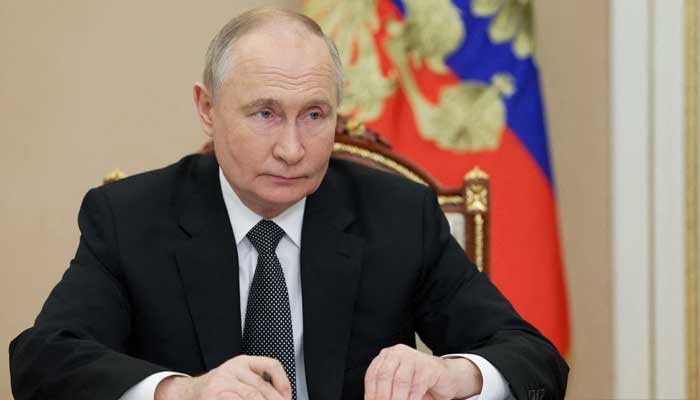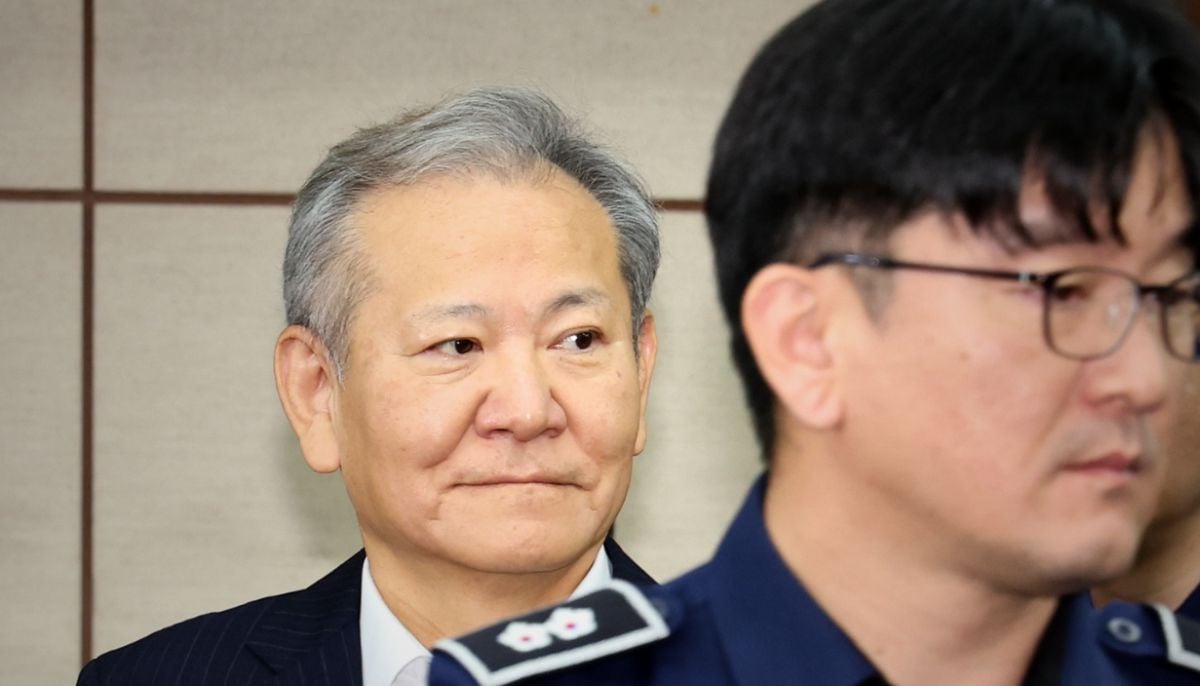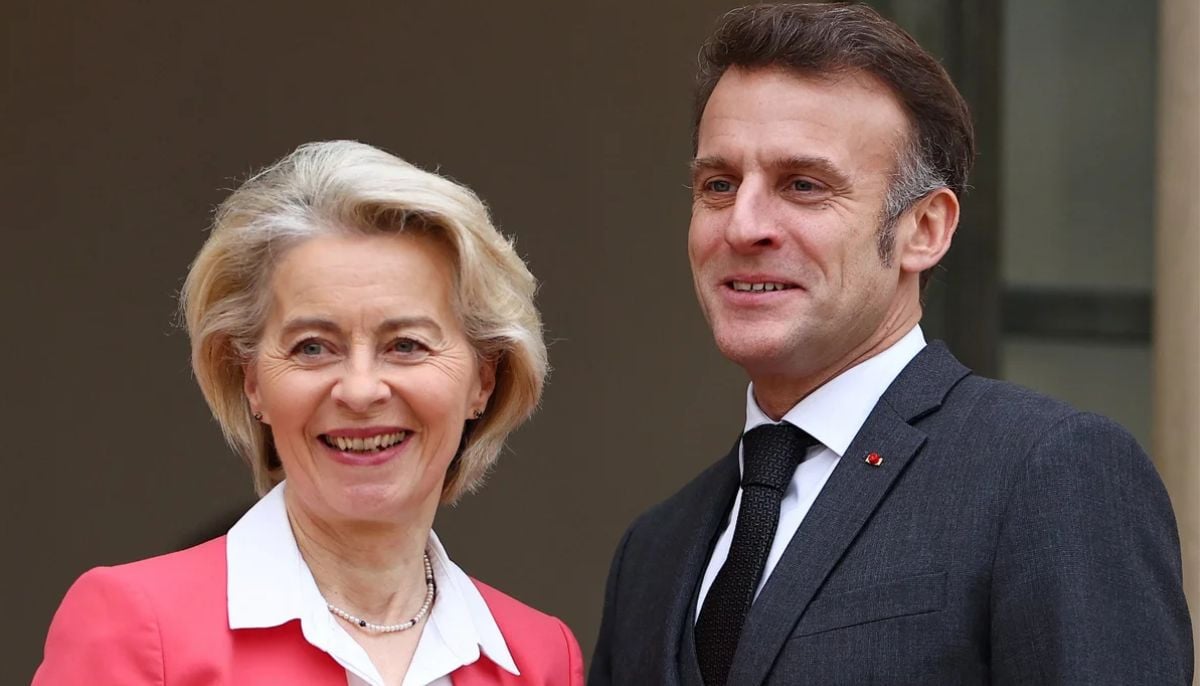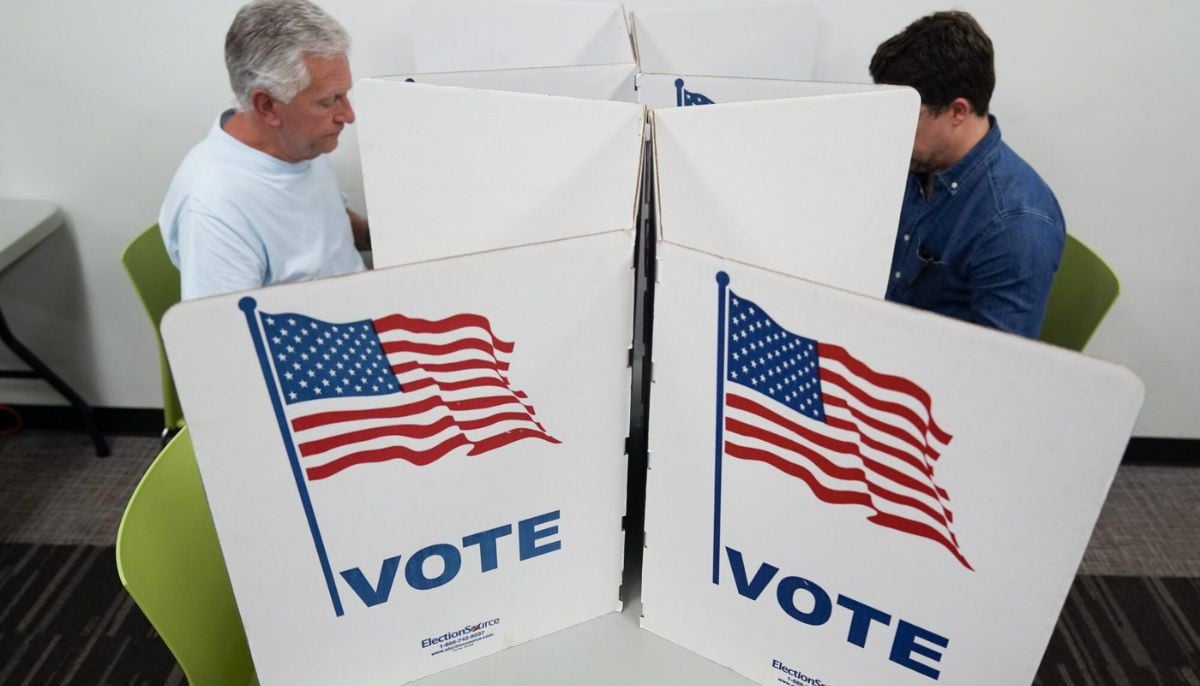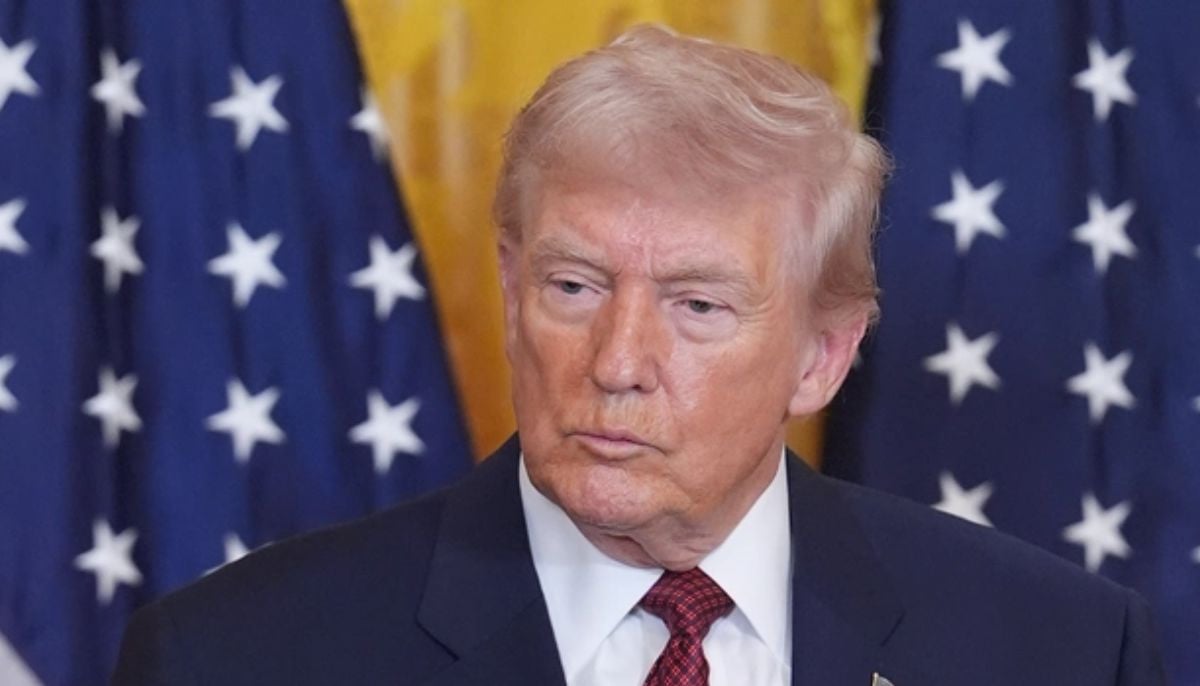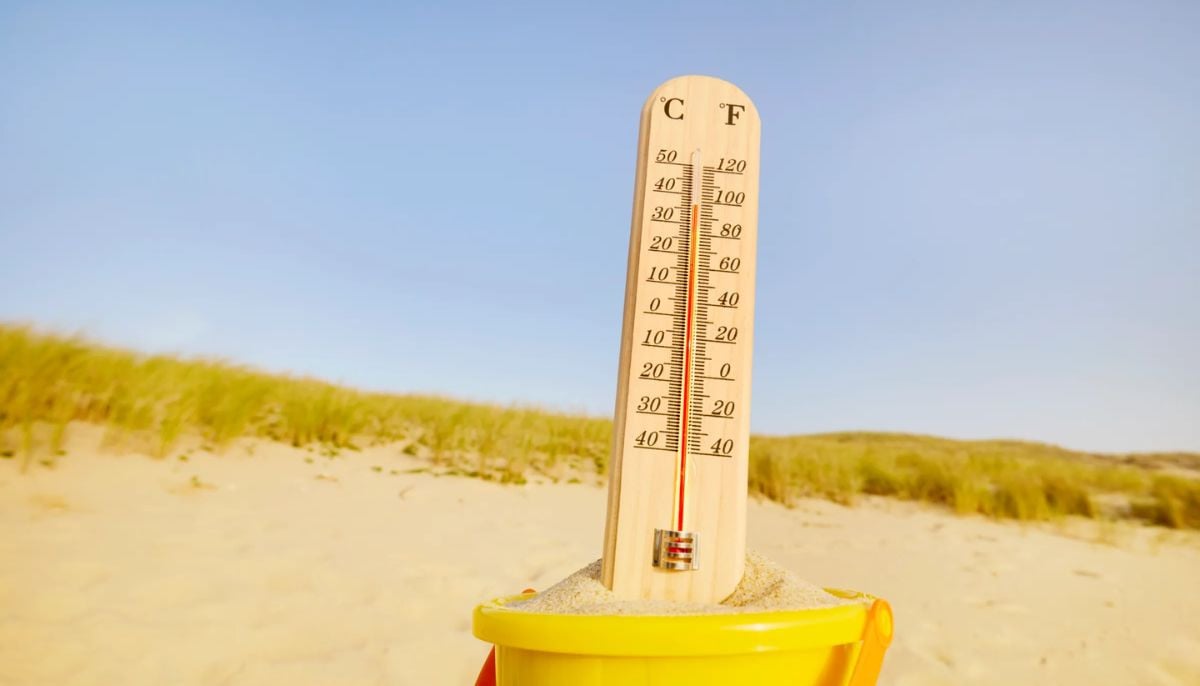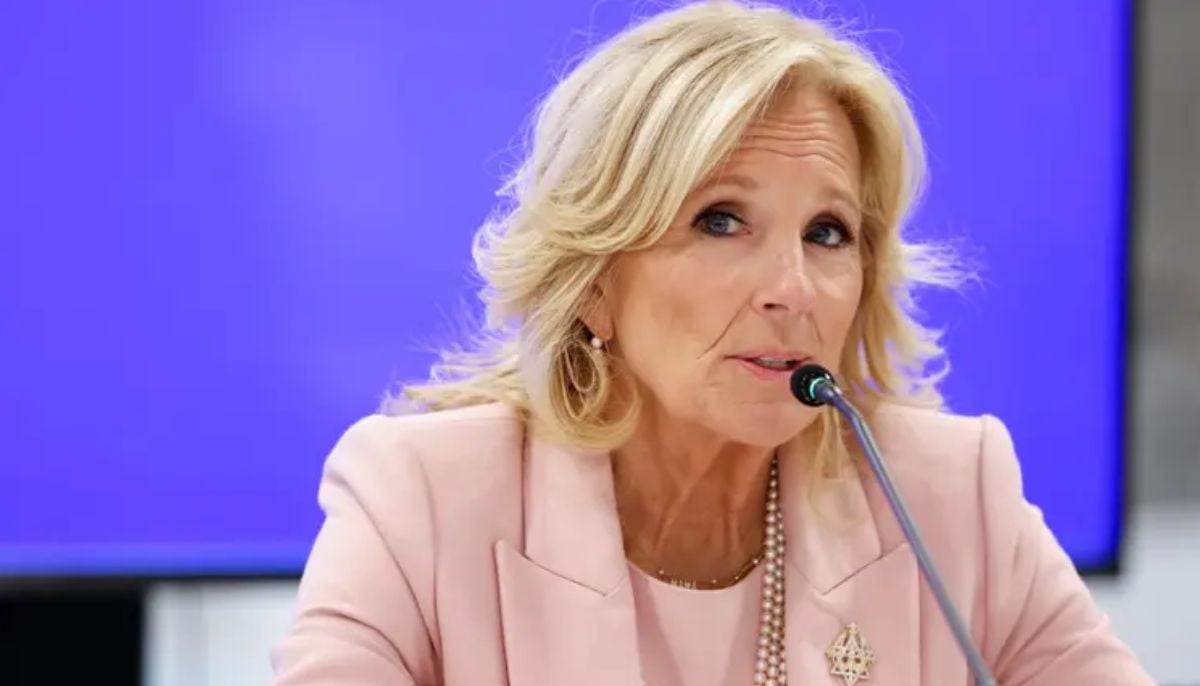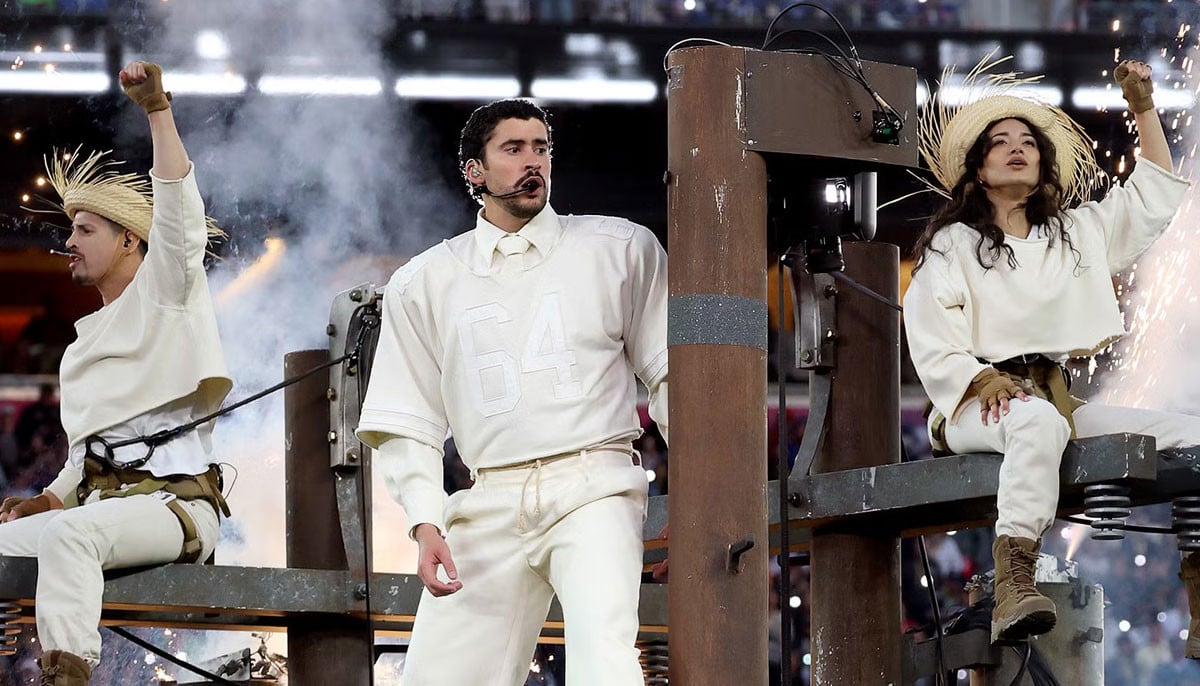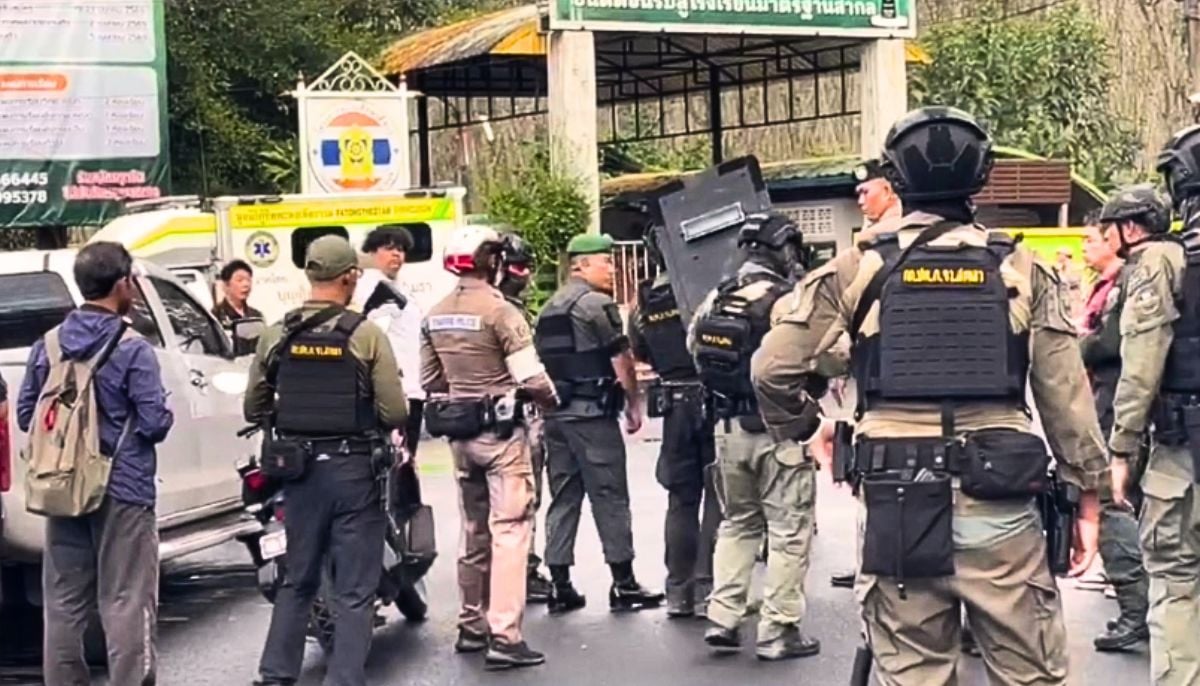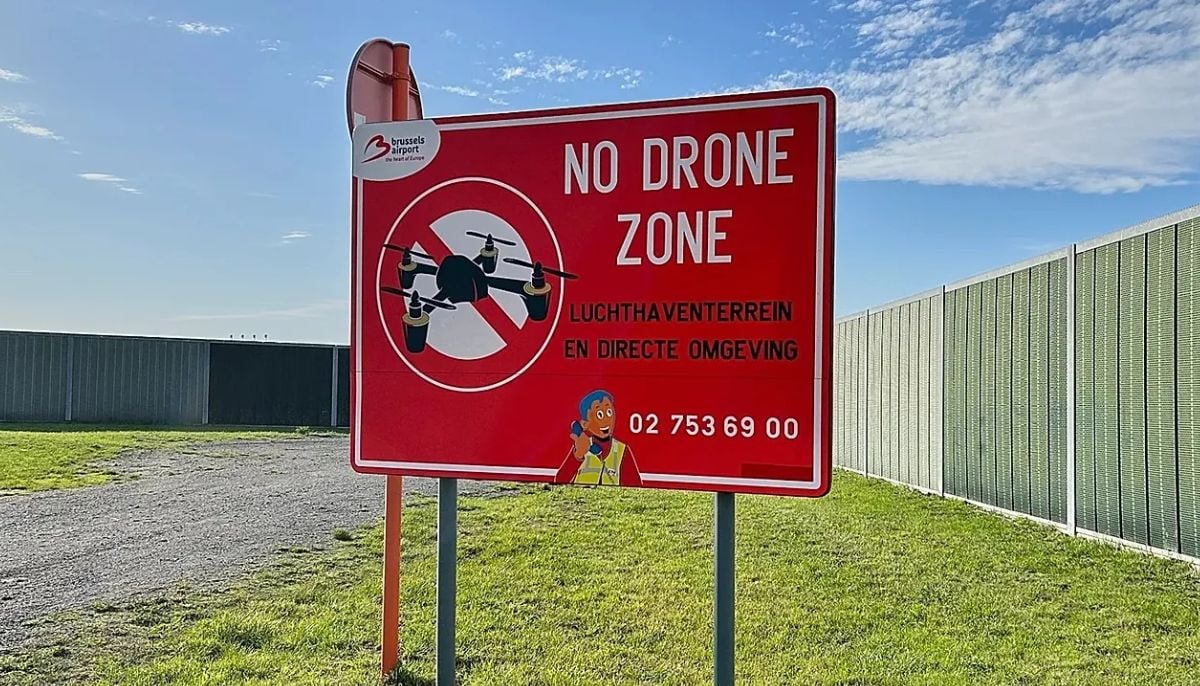Putin issues warning to United States with new nuclear doctrine
Analysts say Russia could consider a nuclear strike in response to conventional attack
MOSCOW: Russian President Vladimir Putin on Tuesday lowered the threshold for a nuclear strike in response to a broader range of conventional attacks, and Moscow said Ukraine had struck deep inside Russia with US-made ATACMS missiles.
Putin approved the change days after two US officials and a source familiar with the decision said on Sunday that US President Joe Biden's administration allowed Ukraine to use US-made weapons to strike deep into Russia.
Russia had been warning the West for months that if Washington allowed Ukraine to fire US, British and French missiles deep into Russia, Moscow would consider those NATO members to be directly involved in the war in Ukraine.
The updated Russian nuclear doctrine, establishing a framework for conditions under which Putin could order a strike from the world's biggest nuclear arsenal, was approved by him on Tuesday, according to a published decree.
Analysts said the biggest change was that Russia could consider a nuclear strike in response to a conventional attack on Russia or its ally Belarus that "created a critical threat to their sovereignty and (or) their territorial integrity".
"The big picture is that Russia is lowering the threshold for a nuclear strike in response to a possible conventional attack," said Alexander Graef, a senior researcher at the Institute for Peace Research and Security Policy at the University of Hamburg.
The previous doctrine, contained in a 2020 decree, said Russia may use nuclear weapons in case of a nuclear attack by an enemy or a conventional attack that threatened the existence of the state.
Lower threshold
The doctrine said any attack by a non-nuclear power supported by a nuclear power would be considered a joint attack, and that any attack by one member of a military bloc would be considered an attack by the entire alliance, it said.
Russia's defence ministry said Ukraine had struck Russia's Bryansk region with six missiles, and that air defence systems intercepted five and damaged one.
On the 1,000th day of the Ukraine war, Russia also included a broader definition of the data that could be used to indicate Russia was under mass attack from aircraft, cruise missiles and unpiloted aircraft.
The war is entering what some Russian and Western officials say could be its final and most dangerous phase as Moscow's forces advance at their fastest pace since the early weeks of the conflict and the West ponders how the war will end.
Together, Russia and the US control 88% of the world's nuclear warheads. Putin is the primary decision-maker on the use of Russia's nuclear arsenal.
Safe-haven assets such as government bonds, the Japanese yen and gold bounced sharply after the publication of Russia's updated doctrine.
War
Russian diplomats say the crisis is comparable to the 1962 Cuban Missile Crisis when the two Cold War superpowers came closest to intentional nuclear war, and that the West is making a mistake if it thinks Russia will back down over Ukraine.
The Kremlin said Russia considered nuclear weapons a means of deterrence and that the updated text was intended to make clear to potential enemies the inevitability of retaliation should they attack Russia.
"Now the danger of a direct armed clash between nuclear powers cannot be underestimated, what is happening has no analogues in the past, we are moving through unexplored military and political territory," said Sergei Ryabkov, Russia's deputy foreign minister overseeing arms control and US relations.
The main changes to the nuclear doctrine were flagged by Putin in September.
Asked whether publication of the decree was linked to Washington's decision on allowing Ukraine to fire US missiles deep into Russia, Kremlin spokesperson Dmitry Peskov said the doctrine had been published in a "timely manner".
"Nuclear deterrence is aimed at ensuring that a potential adversary understands the inevitability of retaliation in the event of aggression against the Russian Federation and/or its allies," Peskov said.
-
US House passes resolution to rescind Trump’s tariffs on Canada
-
British Soap Awards scrapped again as ITV confirms 2026 hiatus
-
Climate nearing dangerous tipping points, study shows
-
Jill Biden’s former husband charged with wife’s murder
-
Bad Bunny delivers sharp message to authorities in Super Bowl halftime show
-
Thai school shooting: Gunman opened fire at school in southern Thailand holding teachers, students hostage
-
Maxwell could get 'shot in the back of the head' if released: US congressman
-
New EU strategy aims to curb threat of malicious drones
